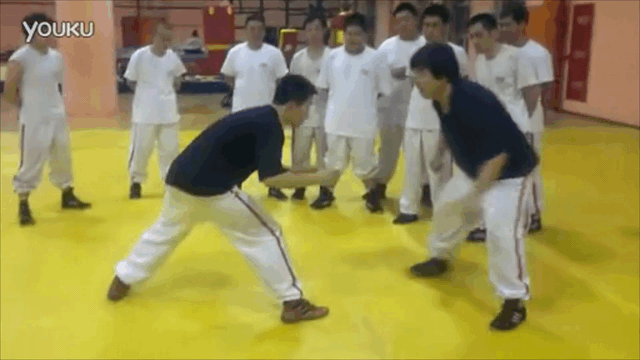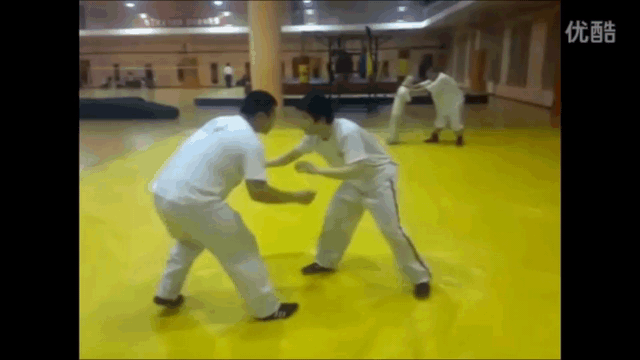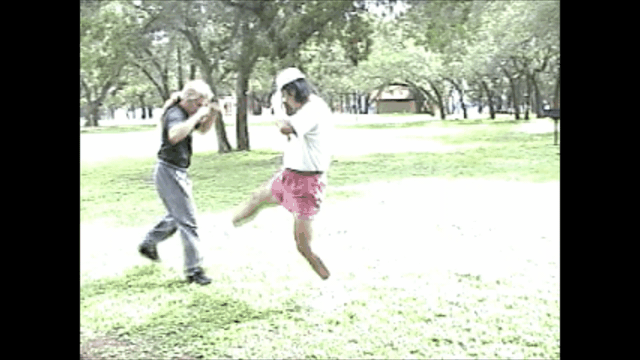You are confusing 2 different things. What you are talking about right here are people who don't train to fight TMA. When you train to fight TMA only TMA comes out. You don't do sloppy boxing because you don't train boxing. You train TMA. People who abandon their techniques when engage in full contact abandon there TMA techniques because they don't train to fight with TMA techniques.Yeah, you’re missing the point. The point is that despite all of those years of Kung Fu training, when it comes to actual fighting, they’re resorting to sloppy boxing. So again, if I’m looking to learn how to fight, why would I spend decades learning Hung Ga when I can get the same results much faster in western boxing?
They may drill the techniques but they don't actually know how to apply them in free sparring. This is totally different than someone who is actually using the techniques in free sparring. This is why you are able to see the Jow Ga techniques in my sparring videos. Some people will say that they train TMA to fight but in reality they don't get past the drilling part.
It only took me a year to learn how to apply most of the Jow Ga techniques that I show in my videos.



